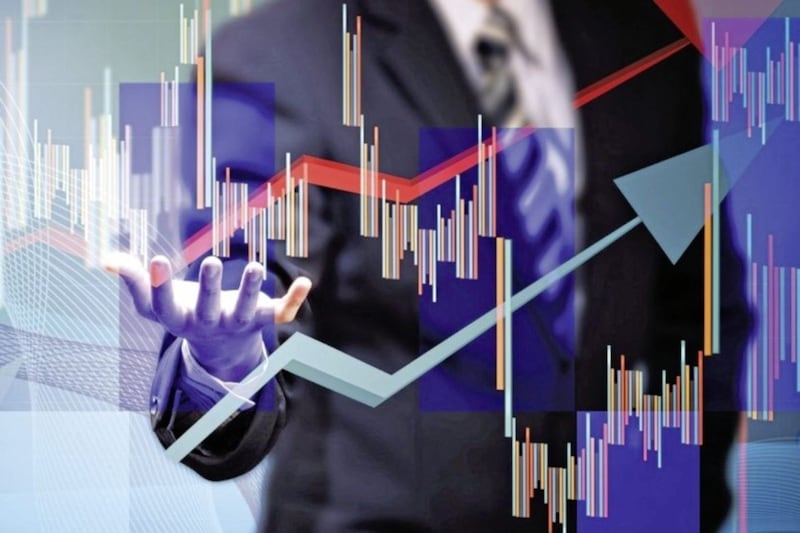AS we usher in the month of July, we are poised to enter the traditionally quiet time in the stock market . . .
But of course this year there is nothing normal about where we find ourselves. Life before the pandemic seems a long way away and there are no guarantees when (or even if) we will return to life as it was before.
The stock markets have seen recovery, but it has varied considerably between markets in terms of geography: the US markets have seen a far greater bounce back than the UK and European indices, indeed the technology dominated Nasdaq is actually up since the beginning of January.
It is worth remembering that different countries have different competitive advantages. Germany is far more manufacturing orientated, for example, and of course the UK is seen very much as a services dominated economy. This means that recovery has a greater degree of uncertainty as we do not know when several service industries will return to pre-coronavirus operating levels.
The most frequently quoted index is the FTSE 100, and at the time of writing it remains somewhat in the doldrums, being down 18.3 per cent so far this year. This index, though, is dominated by large companies in structurally-challenged industries – oils, mining and financials, being the most obvious, which were hit hard by the pandemic.
Add to this the fact that we have seen around half of the FTSE 100 companies either cancelling or postponing their dividend payments, and it is easier to see why it is one of the worst performing indices.
Moving down the scale one notch to the FTSE 250, we see an even worse performance. This index is down 22 per cent since the start of the year, dominated by domestically orientated companies, which have been hard hit by lockdown.
It is, however, worth noting that these stocks had outperformed their larger counterparts in the period leading up to the pandemic.
As we move further down the scale performance improves. The FTSE small cap index is down 15.8 per cent this year and the FTSE AIM index is down a far more modest 7.8 per cent.
This is just a snapshot of where we are now, and it could all change in the months ahead. Speculation about recovery has been rife, with the possibility of a V-shaped recovery helping sentiment. There are certainly reasons to be positive, not least of which is the unprecedented level of intervention by central banks on a global basis and on-going rhetoric from politicians about supporting the economies.
Of course, the US has a presidential election coming up in the autumn which means added pressure to ensure the economy is in good shape.
Liquidity is without doubt a strong positive driver for the markets, but we have also seen some doubt cast on the speed of economic recovery recently: the International Monetary Fund has been downbeat on the prospects for the UK economy and the Institute of Chartered Financial Analysts warns that the impact may be greater than many in financial services are anticipating.
In short, it is desperately difficult to predict how the recovery will take shape as we are in totally unknown territory.
Cathy Dixon is a partner at the Belfast office of Cunningham Coates Stockbrokers. This article does not constitute a recommendation to buy or sell investments and the value of any shares may fall as well as rise.







